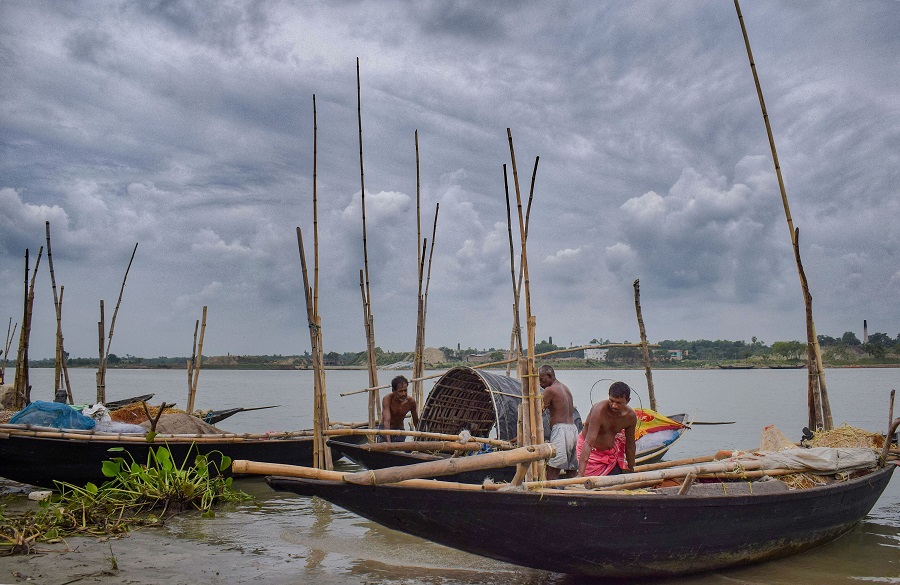Abnormally warm sea surface temperatures resulting in increased activity in Indian Ocean

Experts are linking increased activity in the Indian Ocean and Amphan’s extreme intensity to global warming and abnormally warm sea surface temperatures (SSTs).
“Global warming is making these cyclones more and more powerful by heating up ocean/sea surface waters and adding to their strength,” says environmentalist Soumya Dutta.
“Unless we drastically reduce our greenhouse gas emissions right now, worlds’ coastal and river bank populations will face even stronger cyclones/typhoons/hurricanes… with humongous losses to property and living assets,” says Dutta.
Just like a rocket is powered by hydrogen and oxygen, cyclones/hurricanes are powered by water vapour. More global heating means more water vapours and more power to the cyclones.
Already, global heating/climate change has caused over 250 per cent rise in such storms in the past 40 odd years, Dutta adds as he calls for an immediate and decisive action.
Meanwhile, according to Simon Wang, Professor of Climate, at the Utah State University, abnormally warm sea surface temperatures were observed in the case of Amphan also.
“Last year set several new records for Indian Ocean cyclones. Was this an outlier year or a year that portends things to come? We can’t yet know. But we do know that the Indian Ocean is warming, and we know that warm ocean water is the first, and perhaps the key, ingredient for the formation of tropical cyclones, so the system is primed for more storms,” said Professor Wang.
“In our paper on Fani (in 2019), which was a terribly destructive cyclone, we noted that warming temperatures in the air and ocean surface have significantly intensified cyclones in the Bay of Bengal. And what we’re seeing now is that abnormally warm sea surface temperatures were present in the case of Amphan, too,” Professor Wang added.
Article Credit: tribuneindia
